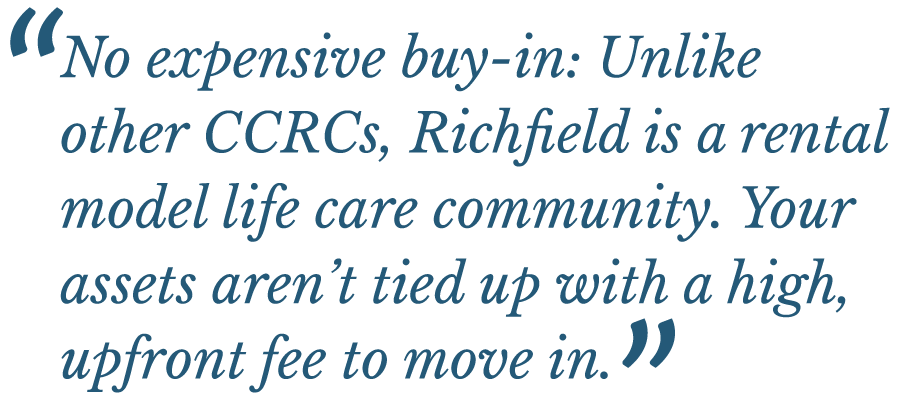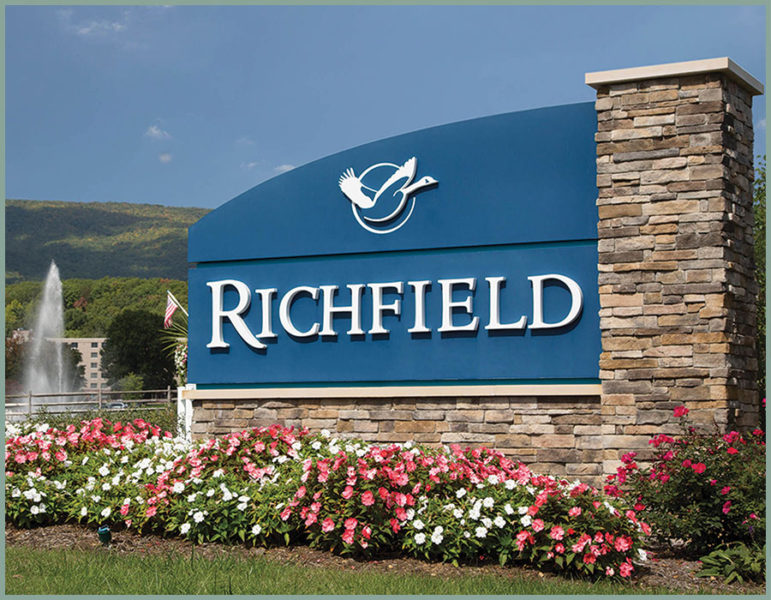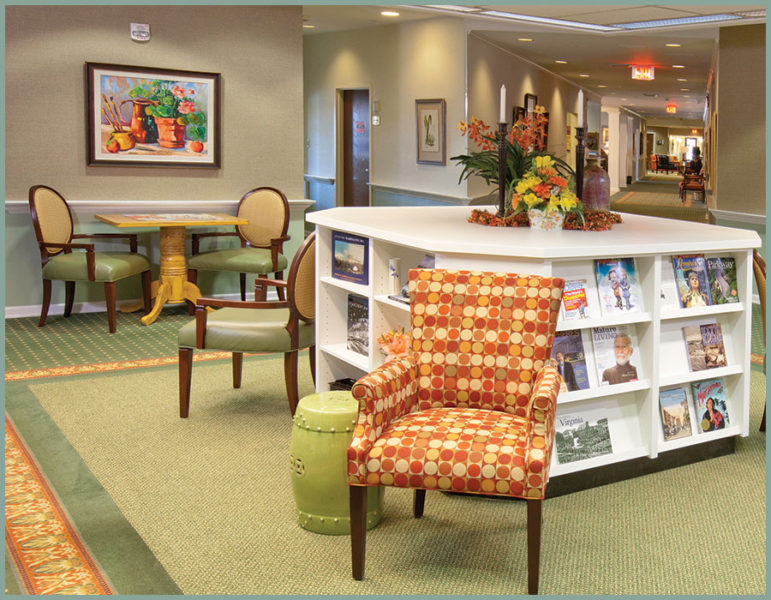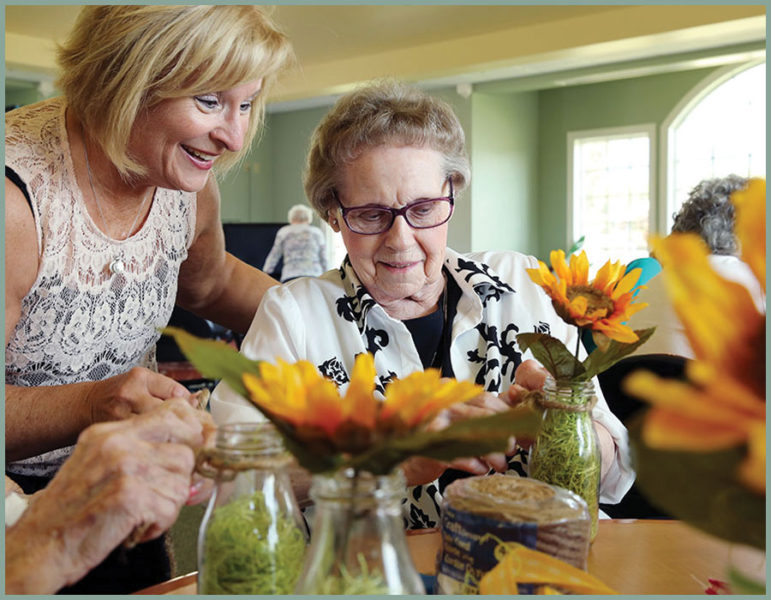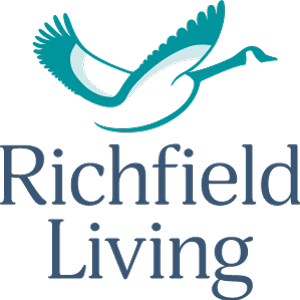Financial Solutions For Senior Living
Financial Solutions to Help Fund Senior Living
Retirement communities in Virginia offer more options for seniors than ever before. But what you may not know is that there are also a variety of financial solutions that can help offset the price tag, which for many feels out of reach.
Cost Versus Value
We can’t argue with the sticker shock that comes with pricing retirement communities in Virginia. But upon closer look, you may be surprised to find senior living is less in some cases than staying at home. And in all cases, we believe it’s a value that can’t be beat.
Veterans Aid & Attendance Benefit
Wartime veterans or a surviving spouse with limited income may be eligible to receive a non-service connected pension (above the basic pension) to assist in paying for assisted living, home health care, adult day care or skilled nursing. Learn more.
Long-Term Care (LTC) Insurance
LTC insurance helps to pay for the cost of home care, adult day care, assisted living, memory care, skilled nursing and hospice by covering services typically not covered by health insurance, Medicare or Medicaid. While insurance companies recommend purchasing the policy as young as 40 as its necessary to be in good health, Consumer Reports recommends waiting until age 60. Regardless, keep in mind that the later you purchase the policy, the more expensive the premium might be.
Life Insurance Conversion
Many seniors don’t realize that converting a life insurance policy into a Long-Term Care Benefit Plan is an option. Yet, anyone with an in-force life insurance policy can transform it into a pre-funded financial account that disburses a monthly benefit to help pay for long-term care needs such as home care, assisted living, skilled nursing and hospice. Unlike life insurance, this account is a Medicaid qualified asset.
Compared to Home
Initially you may think staying at home is the best option, economically and emotionally, but have you considered:
The total cost of living at home – When comparing monthly expenses you must go beyond your mortgage or rent to include the cost of food, utilities, home maintenance, property taxes, insurance and entertainment as those are included in senior living. And in addition to the dollar amount, make sure to factor in the value of the positive impact on your quality of life.
The cost of home health care – In Virginia, the rate for a CNA is $18-19 per hour on average and 24-hour care with a licensed caregiver can cost you around $15,000 a month! By comparison, according to Genworth the average national monthly cost for a private, one bedroom apartment in assisted living is $3,750.
Comparing Senior Living Communities
The value of not-for-profit – With not-for-profit communities like Richfield Living, you have peace of mind that the investment you make to live here goes right into the community, not into shareholders’ pockets. Our profits go toward improving the care, programs and services our residents receive and we are committed to being a good steward of each resident’s investment.
No expensive buy-in – Unlike other CCRCs, Richfield is a rental model life care community. Your assets aren’t tied up with a high, upfront fee to move in. This gives you more flexibility over your future as you’re not locked into a permanent contract and with more money in your pocket, you have added peace of mind.
The Next Step
Should you decide senior living is right for you, make sure the community you choose supports you throughout the whole process. At Richfield Living, we sit down with each family to understand your needs, answer all your questions and help you determine the possibilities based on the financial solutions you qualify for and the best approach for your budget.
For more information on Richfield Living, contact us today.

